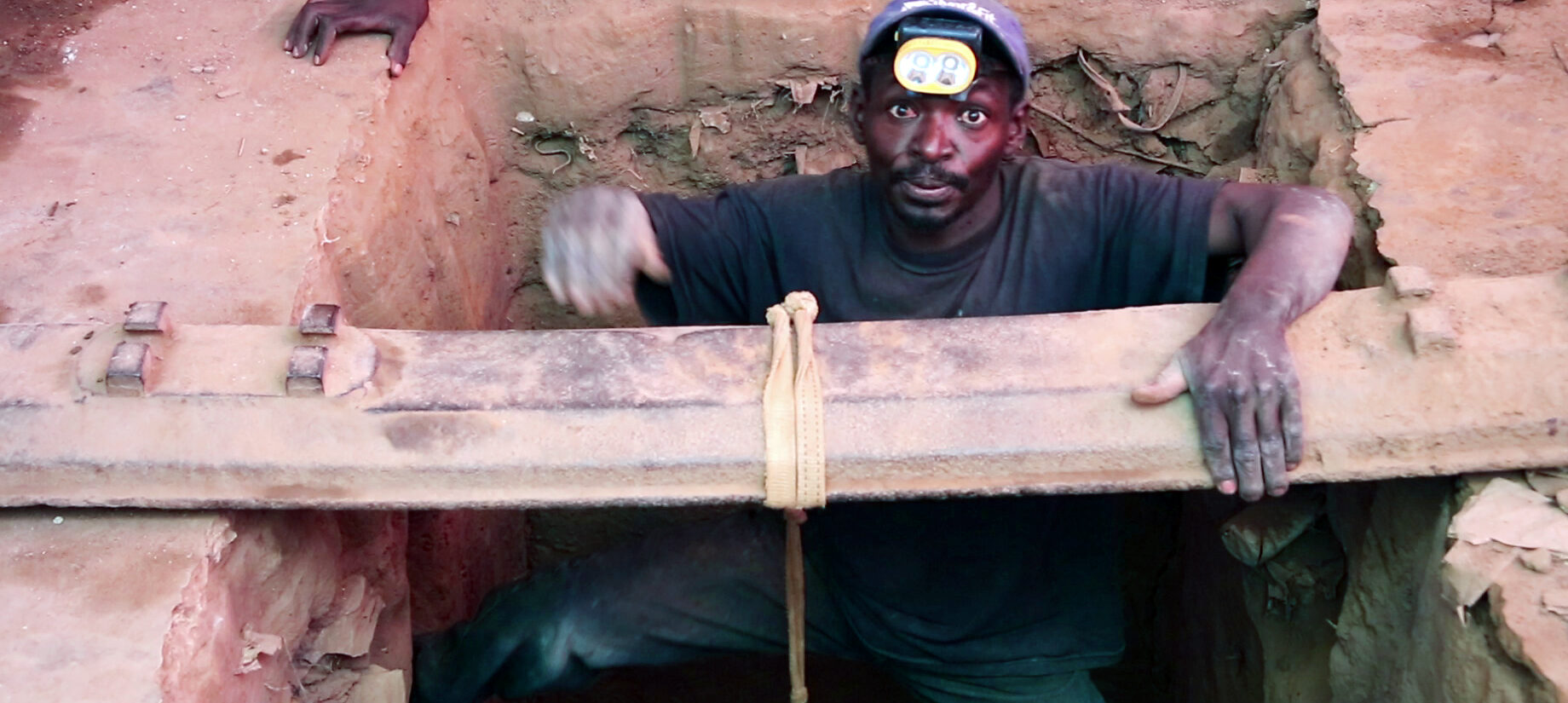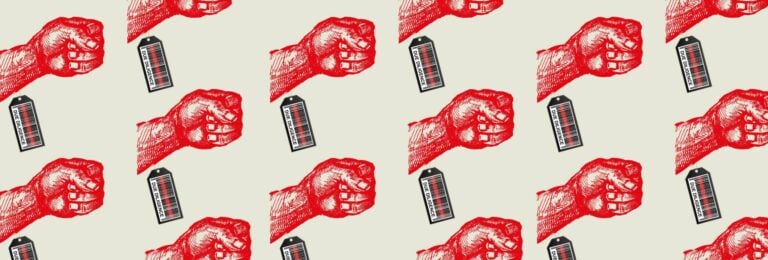
Large insurers do not tackle abuse in cobalt mining


The nine largest insurance groups in the Netherlands (Achmea, Aegon, Allianz, ASR, CZ, Menzis, NN Group, VGZ and Vivat) do not do enough to prevent or tackle serious human rights violations in the cobalt sector. According to authoritative UN guidelines, the insurers must raise the problems of cobalt extraction with the companies that use cobalt when they invest in these companies. In practice, however, the insurers hardly do so, concludes “Time to start caring about cobalt”, a study for the Fair Insurance Guide, carried out by SOMO.
Time to start caring about cobalt
Together, the nine insurance companies invest at least EUR 12.8 billion in 23 of the largest manufacturers of products containing cobalt, including companies such as Apple, BMW, Daimler, Microsoft and Volkswagen. Allianz, the German insurance group with a subsidiary in the Netherlands, is by far the largest investor with EUR 9.4 billion, followed by NN Group (EUR 1.3 billion) and Aegon (EUR 0.9 billion).
Cobalt mining abuses
Cobalt is an important raw material for batteries for electric cars, computers and smartphones. Due to the energy transition, there is an increasing demand for cobalt. However, its extraction often goes hand in hand with large-scale and systematic human rights violations. These include highly unsafe working conditions, child labour and forced evictions at the mines.
Insurers negligent
“Most insurers are familiar with the issues surrounding cobalt mining. They can be expected to make demands on how cobalt is extracted when they invest in companies that use this metal. But they only discuss this with a fraction of those companies,” says Titus Bolten of Amnesty International on behalf of the Fair Insurance Guide. “Investors can play a key role in creating better cobalt practices. The insurers say they want to follow the international guidelines for companies, but they really have to step up their efforts.”
UN guidelines for companies
The Fair Insurance Guide study also examined the extent to which insurers comply with other aspects of the UN Guiding Principles on Business and Human Rights. In addition to entering into discussions with the companies in which they invest, insurers must also communicate publicly about their efforts and their effects. Only Achmea and CZ communicate publicly about their commitment to the cobalt issue. CZ, Achmea, Menzis, Vivat, NN Group and ASR did provide more insight into their commitment to the cobalt problem to the researchers. Allianz, VGZ and Aegon did not share more information during the study.
CZ, Achmea, Menzis, NN Group and ASR endorsed an appeal from the international investment community (‘PRI’) to tackle the biggest risks in the cobalt sector. Vivat undertook to sign this call within one year. Aegon, VGZ and Allianz did neither one nor the other.
All insurers score insufficient
None of the insurers obtained a satisfactory score (at least a 6 out of a total of 10 points) in the Fair Insurance Guide survey. With 4.98 points, CZ is the best performing insurer, followed by Achmea (4.68), Menzis (4.60), Vivat (4.12), NN Group (3.72) and ASR (3.34). Allianz (1.50) and VGZ (0.1) scored hardly any points and Aegon failed to obtain any points at all.
De Fair Insurance Guide (Eerlijke Verzekeringswijzer) is a partnership of Amnesty International, Milieudefensie, Oxfam Novib, PAX and World Animal Protection. The study ‘Time to start caring about cobalt’ was carried out by SOMO.
Do you need more information?
-

Joseph Wilde-Ramsing
Advocacy Director
Partners


Related news
-
 The hidden human costs linked to global supply chains in ChinaPosted in category:News
The hidden human costs linked to global supply chains in ChinaPosted in category:News Joshua RosenzweigPublished on:
Joshua RosenzweigPublished on: -
 Major brands sourcing from China lack public policies on responsible exitPosted in category:News
Major brands sourcing from China lack public policies on responsible exitPosted in category:News Joshua RosenzweigPublished on:
Joshua RosenzweigPublished on: -


